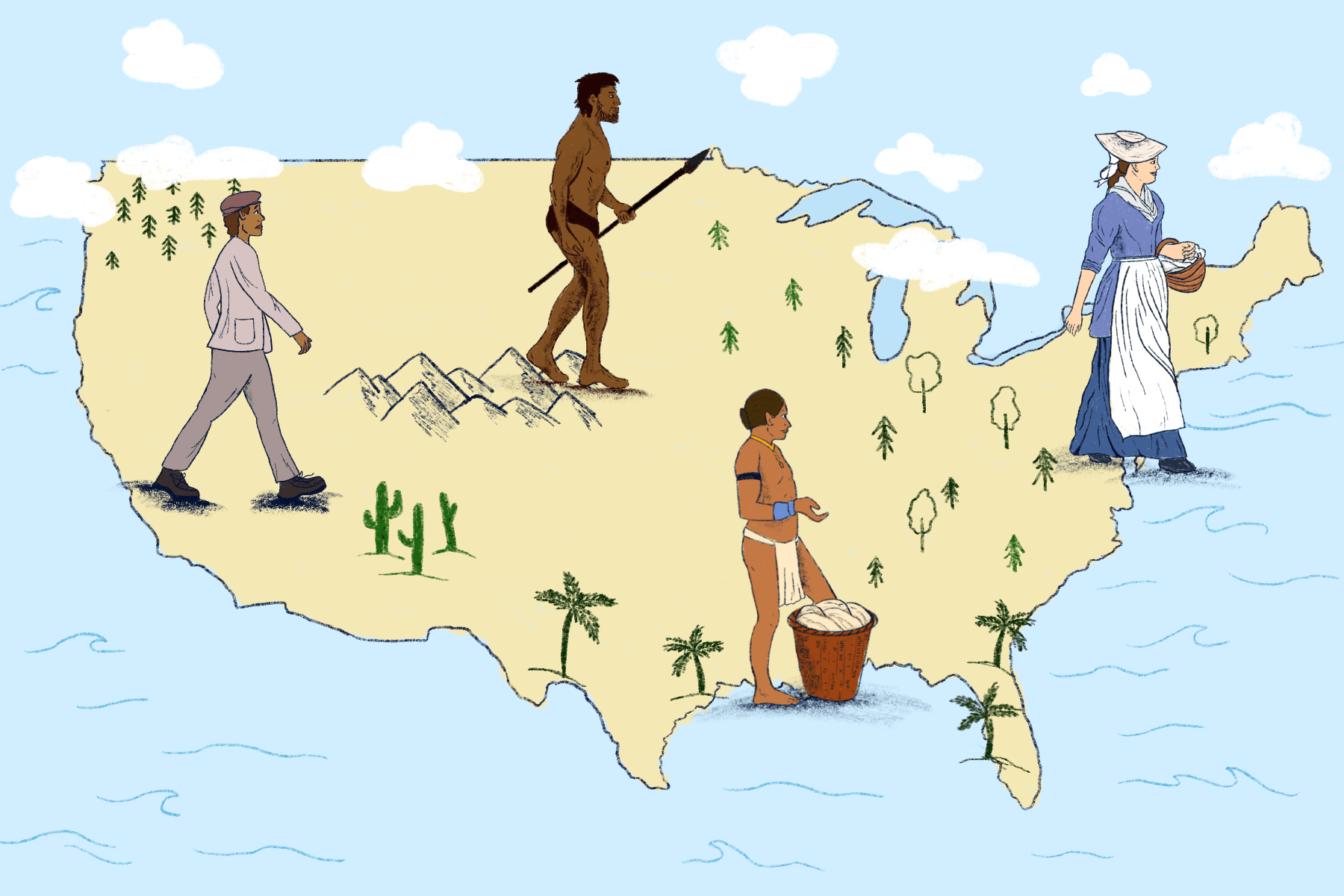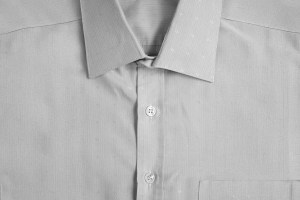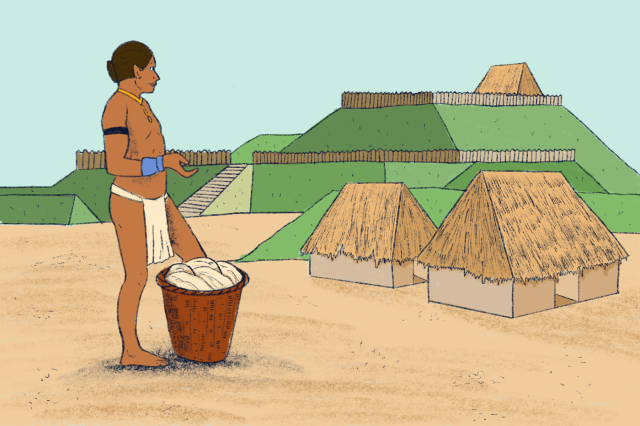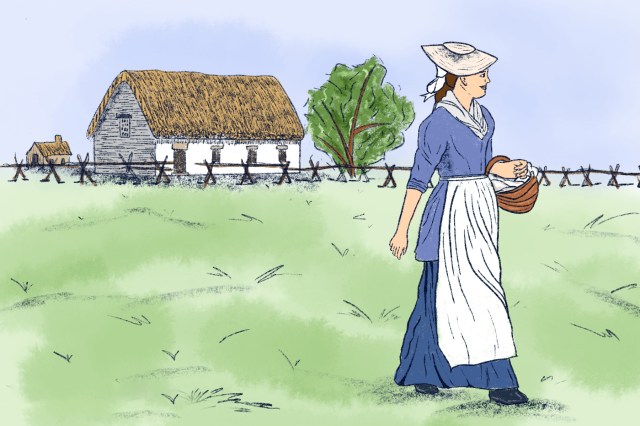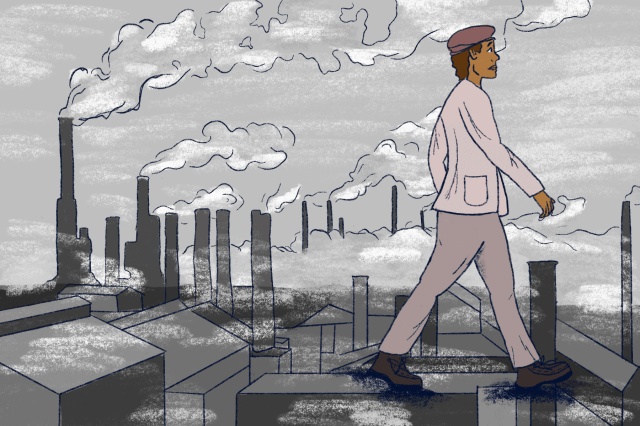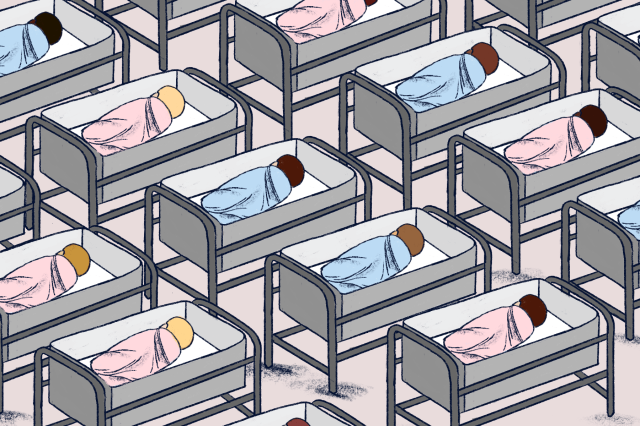What Was America’s Population Through History?
The first inhabitants of what is now the United States appeared around 15,000 to 20,000 years ago — a blip in time compared to the annals of some of the earliest places humans lived. Initially, population growth was slow due to the continent’s geographic isolation; significant increases began only after Europeans made their way to the Americas throughout the 16th and 17th centuries. By the 20th century, the U.S. population was experiencing rapid expansion — a trend that has slowed in recent years. Here’s a look at America’s changing population through history, from early prehistoric arrivals to the decline we’re seeing today.
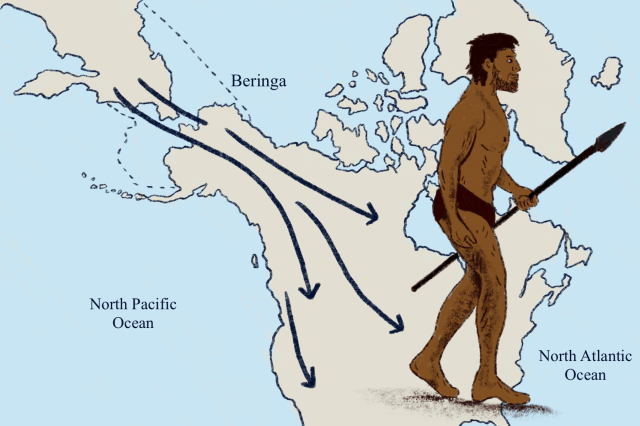
Prehistory
The North American continent was inhabited by prehistoric humans, although they arrived much later than humans in other parts of the world. While early human species have been around for millions of years, the first people didn’t make their way to North America until sometime between 20,000 BCE and 13,000 BCE. It’s believed they traveled via the Bering Land Bridge from modern-day Siberia to Alaska, although exactly when and how they first arrived is still a matter of debate. The number of people who were around in this era is debated as well, and while estimates vary, it’s believed some 230,000 people were living in America by 10,000 BCE.





